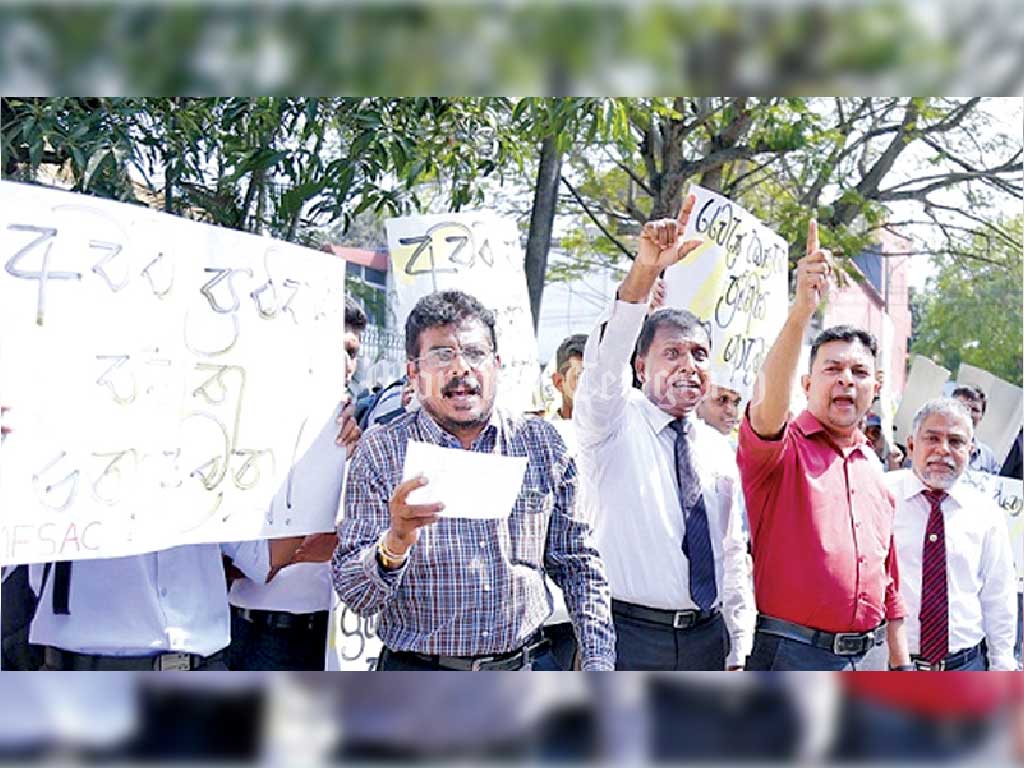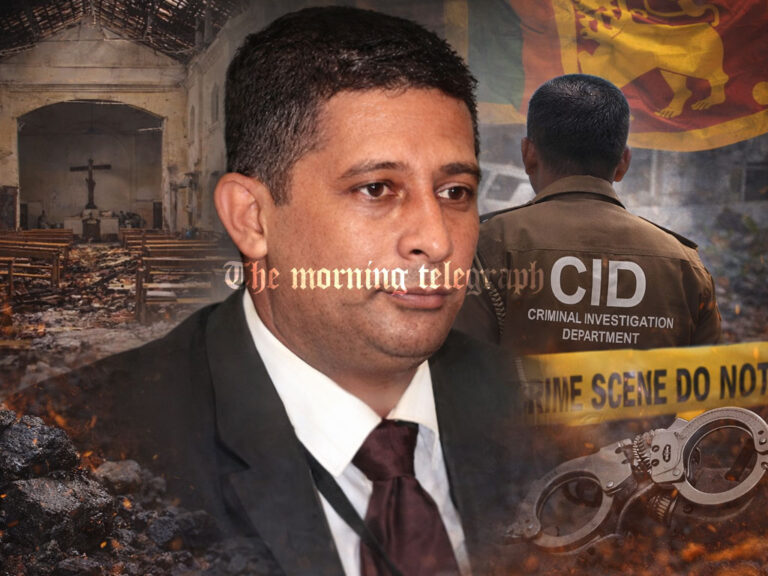
The resignation of former Speaker Ashoka Sapumal Ranwala has reignited discussions surrounding his educational qualifications and his role in the protests against the South Asian Institute of Technology and Medicine (SAITM). Ranwala, who served as the president of the State Medical Faculty Parents’ Association during the SAITM controversy, was a vocal critic of the private university’s attempt to award medical degrees locally. In 2018, he led protests denouncing SAITM as a “degree shop,” accusing it of offering medical degrees in exchange for fees, thus undermining the integrity of medical education in Sri Lanka. His campaign played a significant role in halting SAITM’s operations.
However, Ranwala’s resignation from the post of Speaker of Parliament followed the public questioning of his own academic credentials. It was revealed that he had claimed to have received his higher education from Waseda University in Japan, a private institution. This revelation has drawn attention to the legitimacy of private degrees, especially given Ranwala’s staunch opposition to such institutions in the case of SAITM. His position, which advocated for limiting foreign qualifications and promoting local education, has become controversial in light of his own educational background from a private foreign university.
The situation has added another layer to the ongoing debate about SAITM, with some advocating for local institutions to prevent the outflow of foreign exchange through overseas education, a stance that Ranwala strongly opposed. Critics argue that his leadership and protest against SAITM lose credibility when his own qualifications are under scrutiny, questioning whether he held the same standards for himself as he did for others.
Adding another twist to the unfolding drama, Dr. Rizvi Sally, who served as Deputy Speaker under Ranwala, made a public statement about his own qualifications shortly before Ranwala’s resignation. Dr. Sally, a foreign-qualified doctor with an MBBS from Nishtar Medical College in Pakistan and a Diploma in Laryngo Otorhinology (DLO) from the University of Colombo, posted on social media to affirm the importance of maintaining trust and accountability in leadership. In his post, he shared his educational background to demonstrate transparency and reassure the public of his professional integrity.
The combination of Ranwala’s controversial resignation and the public discussion about qualifications has sparked a broader conversation about the standards of education and the role of politicians in shaping policies around educational institutions in Sri Lanka. The issue continues to raise questions about the transparency of political leaders’ qualifications, the credibility of their past actions, and their ability to lead with integrity when their own credentials are under scrutiny.




